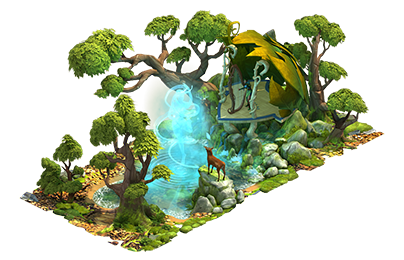I agree that it's both the responsibility of the listener and the speaker, but I'm leaning more towards the listener. The last few years especially have seen a tendency towards the "I'm offended" crowd becoming a little over the top.
I don't think there is any word in any language that would bother me. If someone uses an f-bomb instead of "very" or "a lot" that's completely fine, or at least no worse than using those words repeatedly. Sure there are people who lack a mental thesaurus and abuse the word, but I don't expect people to use "copious amounts" instead of "a F__load" when speaking passionately.
So the key is to know your audience. If I had to guess, I'd say that more than half the jokes in existence are capable of offending someone. So should we avoid all of those just in case? I say no. Instead people should have a thicker skin and/or be able to laugh at themselves. Take Russel Peters, you know who loves him? Indian people. (Both in India and my sister in-law's family in Canada) There's probably some Indians who are offended though(there kinda has to be out of 1.1B) But guess who's having more fun, those that can laugh about it, or those that are offended?
Again, you measure things based upon if they offend or not, rather than if they are needed or not. Can a commedian be funny without the language of which we speak? If a joke if funny because of the language, that is one thing, but to what degree is the use of such language as merely "filler?" justified? Again, if it offends needlessly why use it? Especially if it's not needed for the joke or communication.
As for the "thicker skin" argument, I'm not sure we want to have that as our standard, Sure, I can tell Italian jokes and maybe get away with it, but what about Ethiopian jokes? Or "inner city" jokes? When does a joke at the expense of a recognizable group cross the line into offensiveness? I agree that in many places we seem to have crossed the line and gone a bit too far, but why play at the edges and step over that line needlessly?
We seem to agree pretty much that the overuse is a unwise thing and, as you imply, may indicate a "lack [of] a mental thesaurus" on the part of those who overuse such language. I suspect I'm wanting to get people to recognize that, in my opinion, most people use such language more than necessary and that is actually detracts from their communication rather than enhances it.
As for "should we avoid all of those [possibly offending jokes] just in case?" I say, yes. I say yes because a really talented comedian can produce things just as funny without them, so why use them? The best comics appeal to the widest crowd and that probably includes people who would be offended by some of the jokes. It's just good business practice to avoid offense since it's the audience that pays the comedian's salary.
Sadly there are few real rules about the language used in films and shows. Historically if you transmitted something over the public air waves the FCC (in the US) can tell you what words you can and cannot use. But when it comes to private communication over the internet or cable, the restrictions are almost non-existent (except for pornography, of course). Thus, you hear 10 - 12 year old children dropping four letter words like sprinkles on their cupcakes...and often it's portrayed as nothing to even blink an eye over.
My point is that ALL people are impressionable, even us adults. ALL people adjust their behaviors and attitudes, often without even realizing it, to fit in with the crowd around them. We are social animals and we rely upon those around us for a lot of things, and thus make accommodations where necessary to get along. When we are given a "view" of something and in that view course language is used, we come to expect such language and eventually grow comfortable with it. I'm not saying the language is wrong, but that it is not wise and thus, when we become more or less accustomed to it and to using it freely, we lower the real power of our language. And when we get the normalizing influence of the media showing us how the "normal adult" speaks it is not surprising we see our society begin to drift in that direction.
AJ

 Dear forum visitor,
It looks as though you have not registered for a forum account, or are not signed in. In order to participate in current discussions or create new threads, you will need to register for a forum account by clicking on the link below.
Dear forum visitor,
It looks as though you have not registered for a forum account, or are not signed in. In order to participate in current discussions or create new threads, you will need to register for a forum account by clicking on the link below.